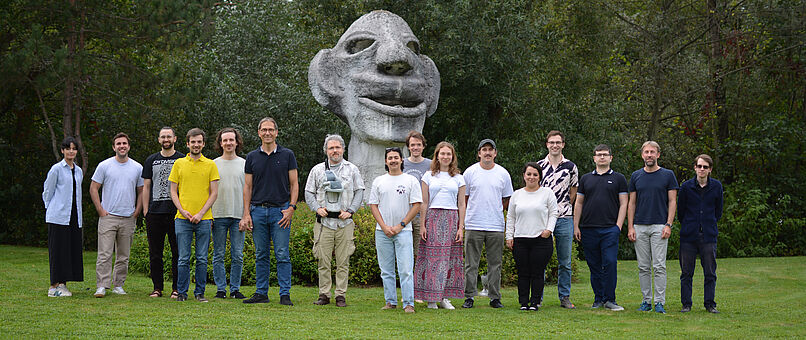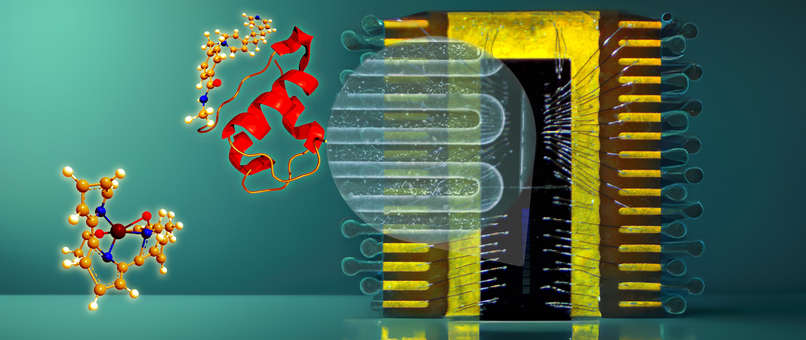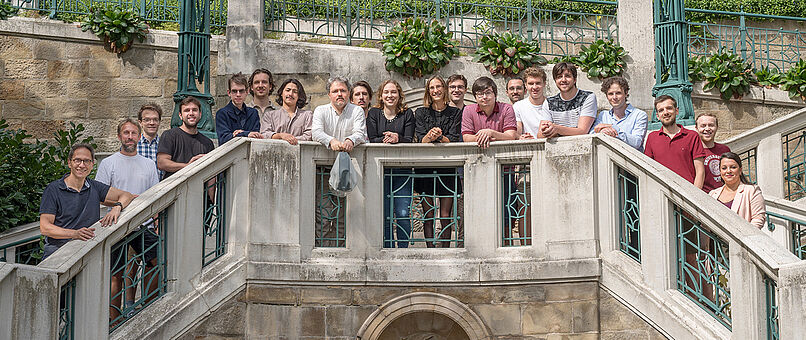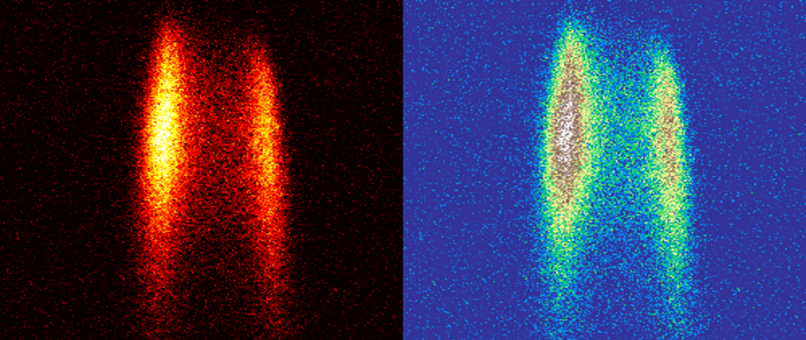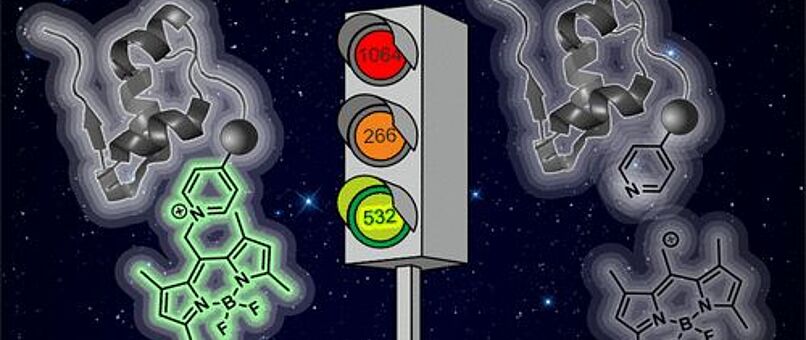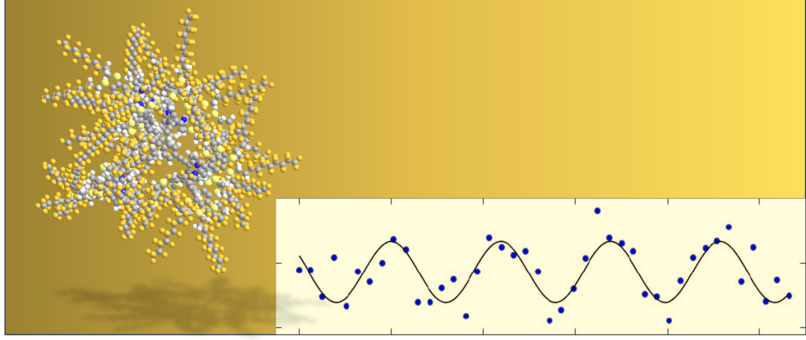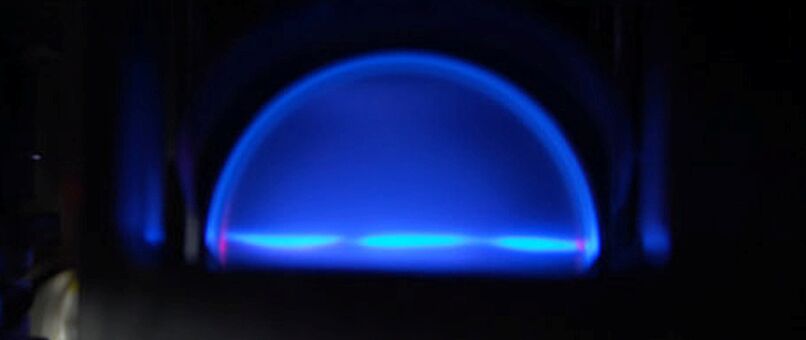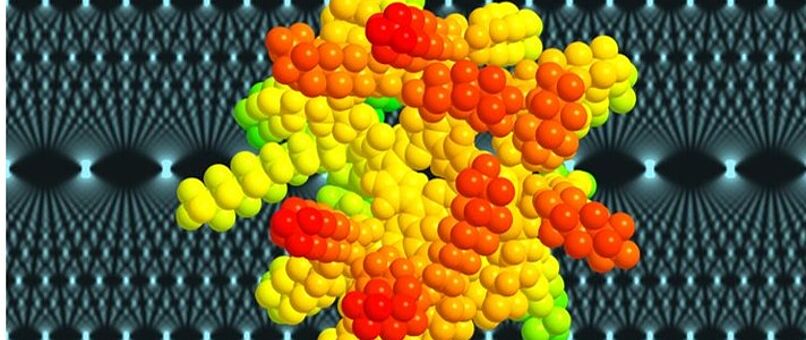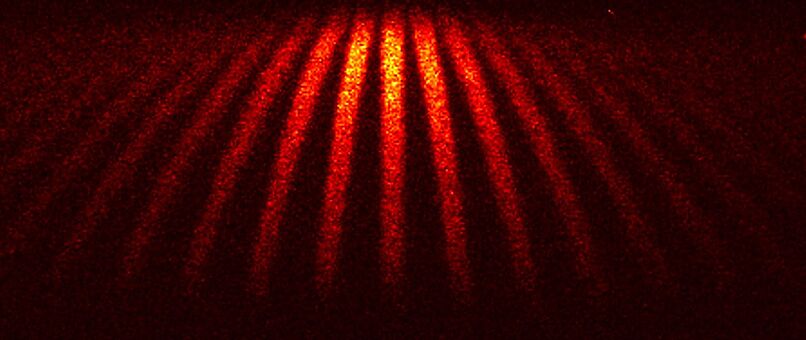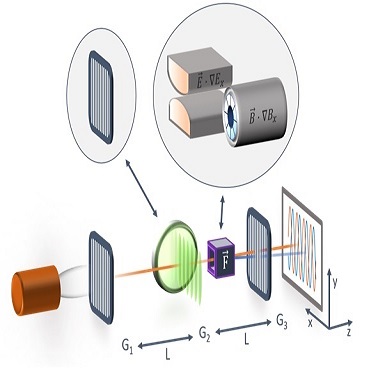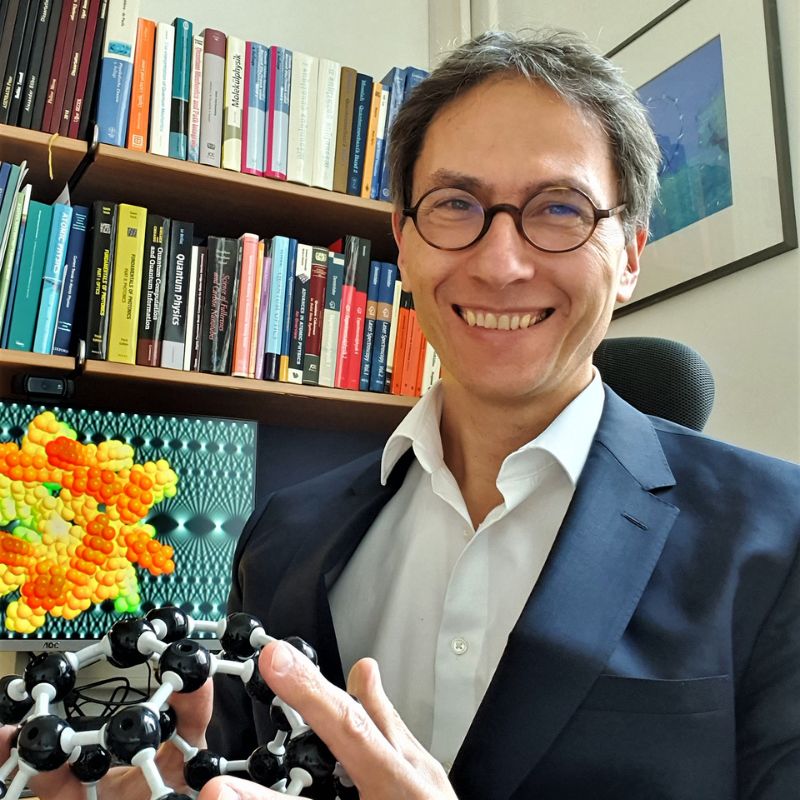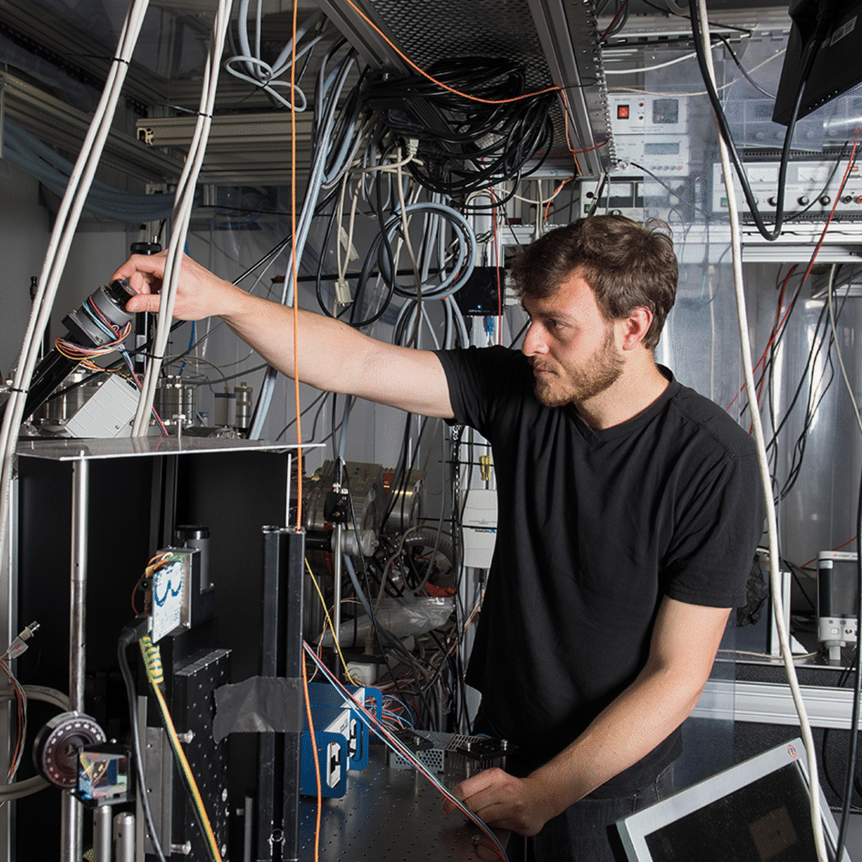We are fascinated by & working on ...
- Universal matter-wave interferometry & the foundations of physics
- Demonstrated quantum interference of atoms & molecules:
C60 Fullerenes, Cs, Sr, PAHs, vitamins, macromolecules > 25 kDa, clusters of molecules, polypeptides, etc. - Exploring new materials, complexity classes & internal dynamics in quantum interferometry:
proteins, metal clusters, dielectric nanoparticles, etc. - Quantitative experiments on inertial dephasing as well as collisional and thermal decoherence.
- Demonstrated quantum interference of atoms & molecules:
- Cooling and quantum optomechanics
- Optical cooling to rotational quantum states.
- Trapping & cooling of nanobiological matter.
- Enabling technologies for quantum experiments
- Sources of cold metallic, dielectric and biological nanomaterials.
- Coherent wave-front division technologies.
- Quantum sensing
- Matter-wave assisted: force measurements with < 10-26 N sensitivity.
- Trapped nanorotors: torque & rotation sensing on the micron scale.
- Superconducting nanowires: mass spectrometry & molecule analysis.
Latest News
17.03.2021
04.03.2021
23.12.2020
23.12.2020
19.10.2020
13.10.2020

